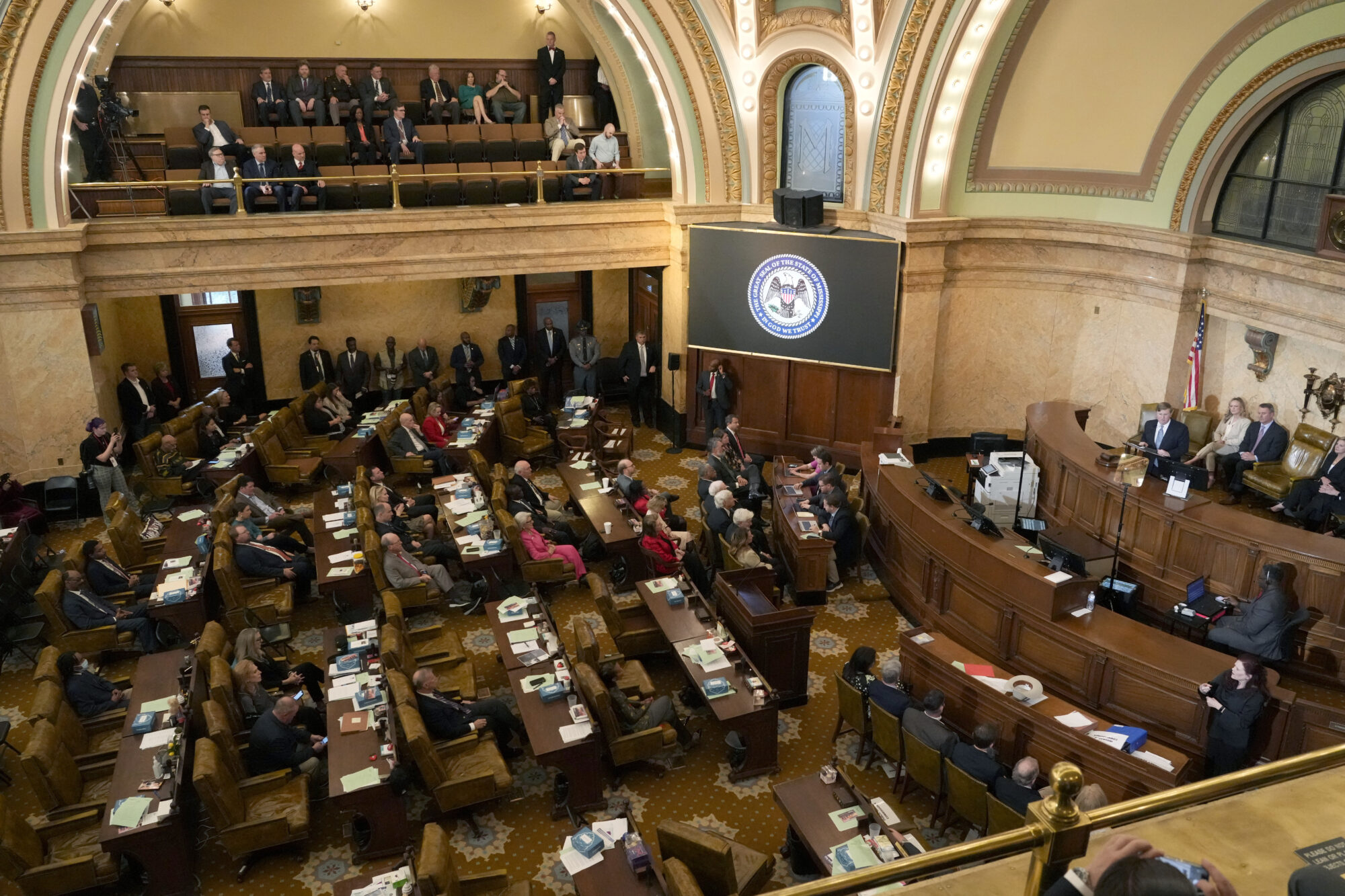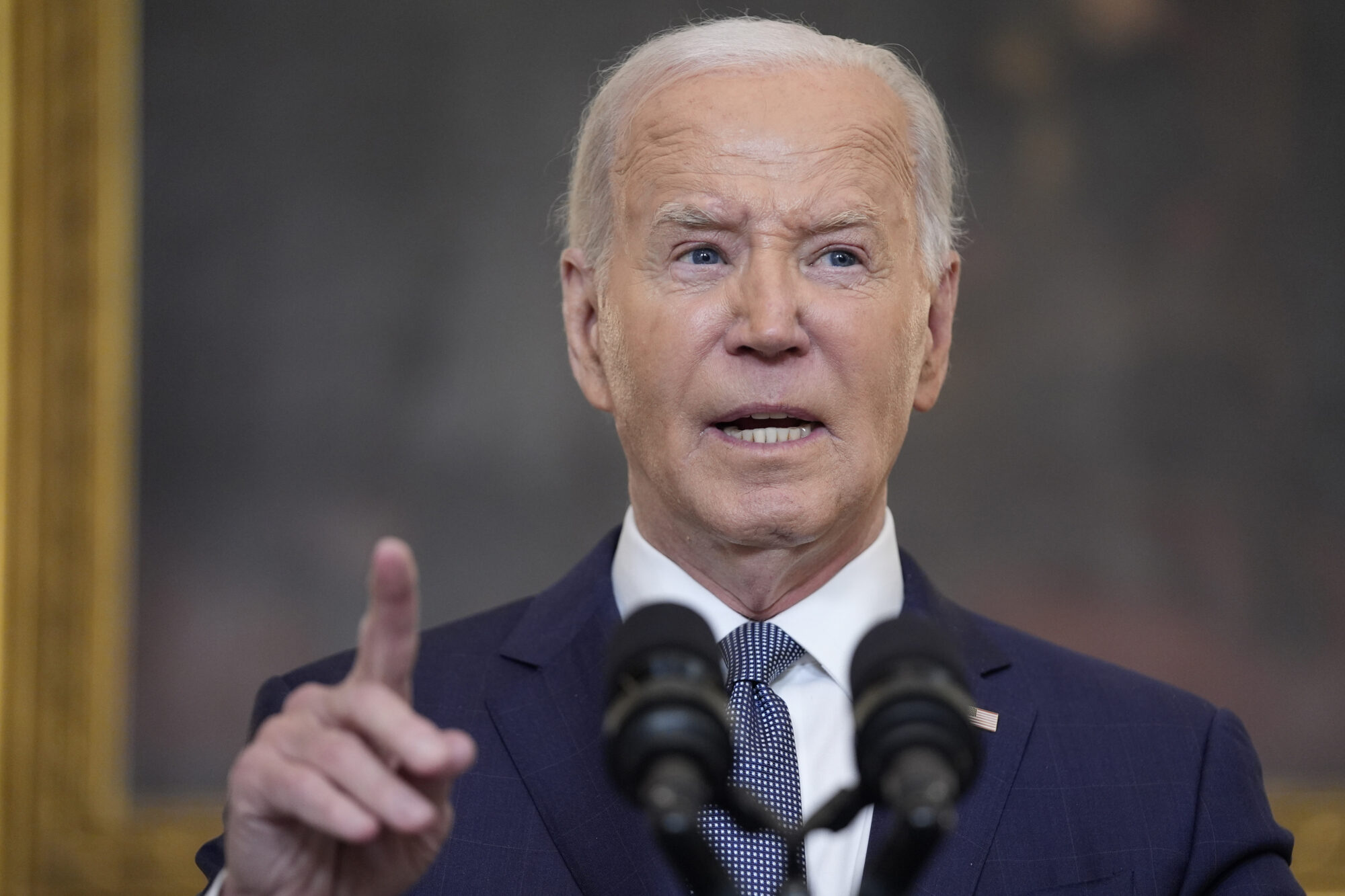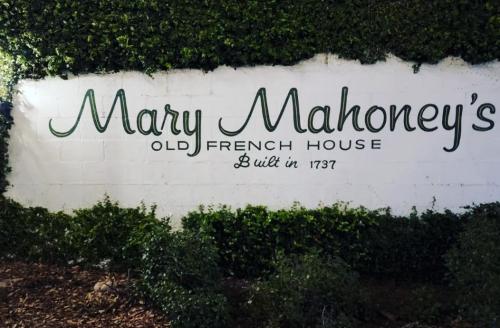Medicaid crisis isn’t about health, it’s about politics
But really, what we have here isn’t a crisis. It’s just politics. More specifically, it’s political detente – remember that French word from the Cold War? Translation: I dare you to push me off this cliff while I’ve got ahold of you.
As a journalist, I’m required at this point to warn you that Medicaid is complicated. We often do that in Medicaid news reports. What it really means is we don’t understand it any better than most politicians do, but we don’t want to admit that because we’re supposed to explain it to you.
And I don’t pretend to have a particularly deep ken of Medicaid. But I know politics when I see it.
The Governor-Senate, one of Mississippi’s new branches of government, and the House Democrats, the other, aren’t in a standoff because one or the other doesn’t want to fund Medicaid’s $90 million shortfall, or because the money can’t be found. Their hackles are up instead over how it’s funded and who gets to claim political victory.
Everybody’s right; and everybody’s wrong. And they all make some good points.
The Governor-Senate says it make sense to up the “gross revenue assessment,” or tax, on hospitals by a smidgen of a percentage to cover the shortfall. Good point. This is really just returning the setup to the way hospitals ponied up money for many years, until recently. And for every $1 hospitals pay, they receive $6 back in federal Medicaid reimbursement. (Don’t ask – the federal government works in mysterious ways.) The state Hospital Association has endorsed this plan.
But the House Democrats say this is will hurt hospitals, and that they might pass this hurt on to patients. Good point. Until the feds recently told Mississippi to stop, taxpayers were essentially covering this $90 million, and, as a result, hospitals were receiving about $12 in return for every $1 they paid. While the Hospital Association endorsed Barbour’s plan, you can bet your sweet bippy they liked the other setup better.
The House Democrats say a cigarette tax increase could help cover the shortfall. Good point. Cigarettes are nasty. Their use drives up Medicaid costs.
But the Governor-Senate says this is hooey. Good point. Why should taxpayers, even nasty smoking ones, provide a break for hospitals, who would get their money back and then some? If cigarettes are to be taxed, the money could be spent elsewhere. Plus, the House Democrats’ plan still includes half the tax increase on hospitals. If a hospital tax sucks so bad, why pass even half of one? And, a main goal of a cigarette tax is to reduce smoking. Funding Medicaid with a tax of diminishing return might not be good for the long haul.
I’ll give you my prediction on who will win this battle, and it’s not based on who might be right or less wrong. It’s strictly realpolitik.
The Governor-Senate will win, eventually, because the House Democrats, bless their hearts, can’t get their plan passed even in their own chamber, which they control. House Republicans can and will block the super-majority vote required to pass the half-cigarette, half-hospital tax plan.
It’s hard to play detente when your opponent knows you’re bluffing.
Geoff Pender
7/13/8







